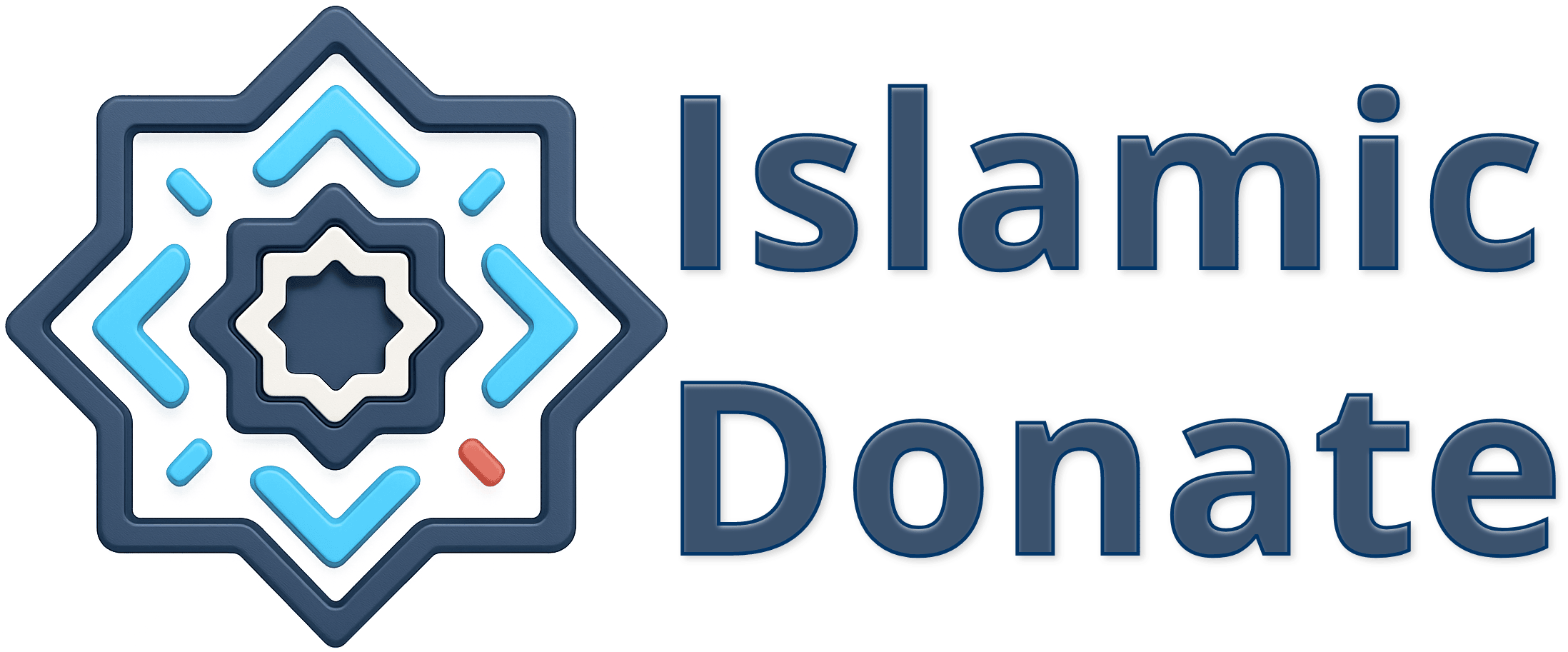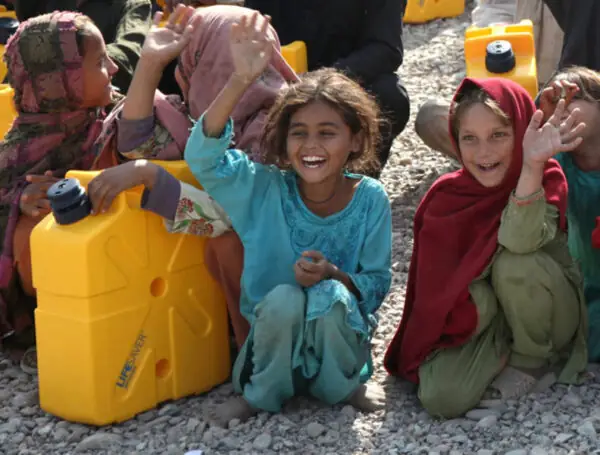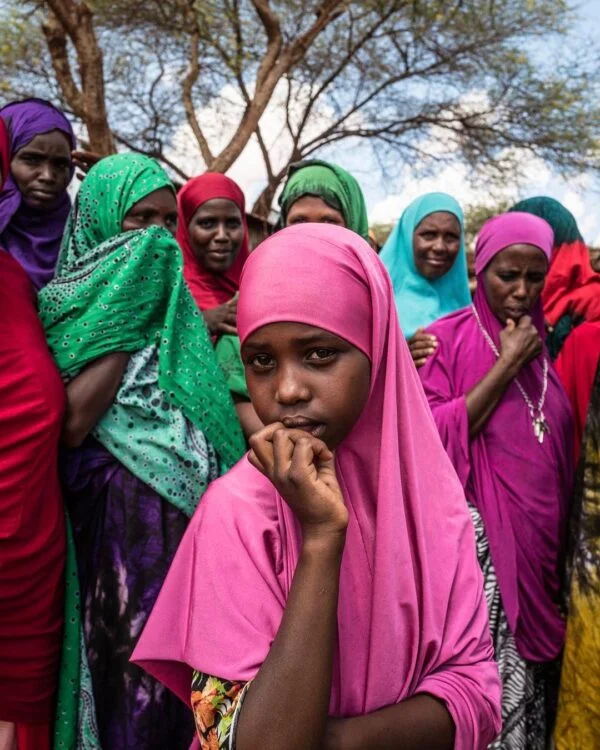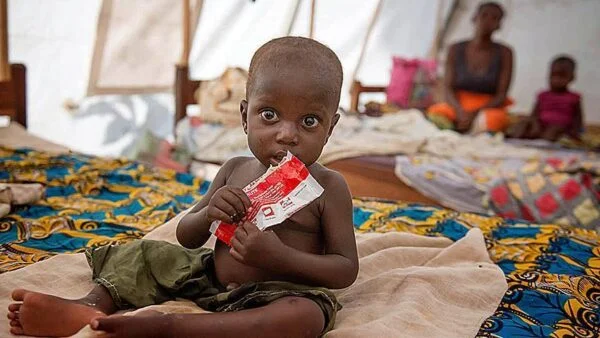Islamic charity, rooted in the principles of compassion (rahma) and social justice (adl), plays a vital role in supporting those in need. As an Islamic charity, we at our islamic charity strive to embody the highest ethical standards in our work. Central to this commitment is Ihsan al-A’amal (Excellence in Deeds), ensuring that our charitable works are conducted with the utmost respect and care for human dignity. (Importance of Ihsan in Islam)
This policy outlines our core principles in upholding human dignity:
- Preserving Human Dignity and Personality
- Non-Religious Discrimination
- The Do No Harm Principle
- Beneficiary Centricity
- Respecting Privacy
Preserving Human Dignity and Personality
The concept of human dignity (karama) holds immense value in Islam. The Quran states, “And We have certainly honored the children of Adam and carried them on the land and sea and provided for them of the [good] things and favored them over many of those We created with [distinct] favor” (Quran 17:70). This verse emphasizes the inherent worth and respect due to every human being.
In our charitable work, we translate this principle into action by:
- Treating all beneficiaries with courtesy and respect: This includes active listening, clear communication, and addressing them by their preferred names.
- Empowering beneficiaries: We aim to support individuals and families towards self-sufficiency whenever possible.
- Avoiding patronizing behavior: We recognize the challenges beneficiaries face, and we approach them with empathy and understanding.
- Maintaining confidentiality: All personal information is kept strictly confidential, except in cases where disclosure is legally required.
Non-Religious Discrimination
Islam teaches us that all people are equal before God (Quran 49:13). Our charity extends its services to those in need, regardless of their religious beliefs. We believe that faith should not be a barrier to receiving assistance. Our focus is on the shared humanity of all those in need.
The Do No Harm Principle
In following the Prophetic tradition, we adhere to the “Do No Harm” principle. This means we avoid any actions that could worsen the situation of a beneficiary. This includes:
- Avoiding creating dependency: We provide support in a way that empowers individuals and families to move towards self-sufficiency.
- Respecting cultural sensitivities: We are mindful of cultural norms and practices when providing assistance.
- Avoiding sensationalizing poverty: We portray the challenges faced by beneficiaries with respect and dignity.
Beneficiary Centricity
Our charitable work is centered on the needs and well-being of our beneficiaries. We prioritize their voices and perspectives by:
- Conducting beneficiary needs assessments: This allows us to tailor our programs and services to address the most pressing needs.
- Involving beneficiaries in decision-making processes: When possible, we involve beneficiaries in decisions that affect their lives.
- Providing feedback mechanisms: We encourage beneficiaries to provide feedback on our services, allowing us to continuously improve.
Respecting Privacy
Respecting the privacy of our beneficiaries is paramount. We take the following measures:
- Obtaining informed consent: We obtain clear and informed consent from beneficiaries before collecting or using their personal information.
- Minimizing data collection: We only collect the data necessary to deliver our services effectively.
- Limiting photos and videos: We avoid taking photos or videos of beneficiaries in vulnerable situations. When photos are used, they are used with consent and do not show faces clearly.
By upholding these principles, we at our islamic charity strive to ensure that Ihsan al-A’amal (Excellence in Deeds) is reflected in all our charitable endeavors. We believe that treating those in need with dignity and respect is not only an ethical imperative but also essential for building a more just and compassionate world.
Additional Considerations
- Transparency and Accountability: We are committed to transparency in our operations and accountable to our donors and beneficiaries. We regularly publish reports on our activities and financial statements.
- Continuous Improvement: We regularly review and update our policies and practices to ensure they remain aligned with best practices and Islamic principles.
- Training and Capacity Building: We invest in training our staff and volunteers on the importance of upholding human dignity in all interactions with beneficiaries.
By following these guidelines, we can ensure that our Islamic charity work upholds the highest ethical standards and truly embodies the spirit of Ihsan al-A’amal.








